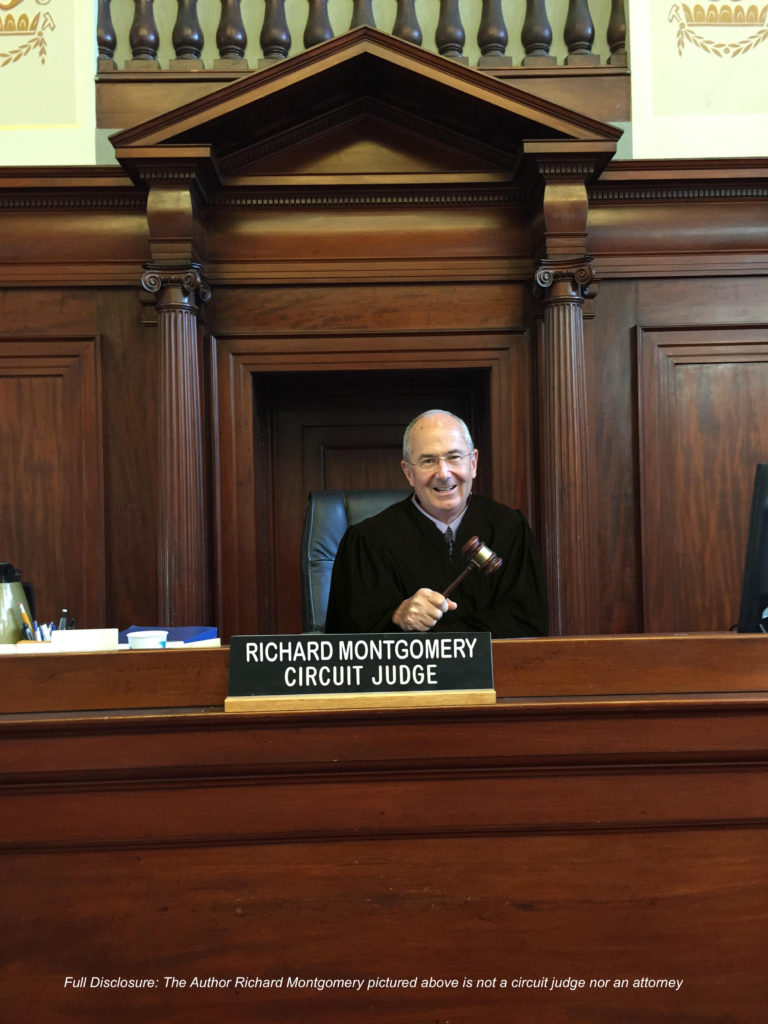
Reader Question: If we paid our good faith money to the agent, and the deal doesn’t go through, do we still get that money back, or do we have to go to court?
Monty’s Answer: This question is a potential landmine. Real estate law varies from state to state, contracts are often poorly drafted, so contract language is not clear, humans interpret the law differently, and specific transactional circumstances can cloud contested events. You should not rely on the general statements contained herein. Consider sharing your particular situation with an attorney for accurate advice.
There are circumstances in real estate transactions when the return of good faith money (commonly called earnest money) to the buyer is routine.
- The seller rejects the buyer’s offer, and no counter offer is submitted back to the buyer.
- The buyer withdraws the offer before the delivery of seller acceptance.
- The contract contains conditions that must be met by the buyer, the seller, or both. If a condition is not satisfied on or before the deadline established in the contract, the contract is void, and the buyer is refunded the earnest money.
- The seller withdraws the home from the market before delivering an accepted offer.
- The seller cannot deliver clear title at closing.
There are also circumstances where the earnest money is at risk or may be lost. Here are those events:
- If the buyer misses a deadline.
- If the buyer removes all contingencies and later changes their mind.
- If the buyer waives a contingency and subsequently cannot close.
What happens to the lost earnest money?
The disposition of earnest money to the seller is not as simple as it may appear. The language that describes the disbursement of earnest money to the seller is in the fine print in the listing contract.
Here is the contract language in my home state. ” If the transaction fails to close and the Seller requests and receives the earnest money as the total liquidated damages, then upon disbursement to seller, the earnest money shall be paid first to reimburse the Firm for cash advances made by the Firm on behalf of seller and one half of the balance, but not in excess of the agreed commission, shall be paid to the Firm as full commission in connection with said purchase transaction and the balance shall belong to seller. This payment to the Firm shall not terminate this Listing.
